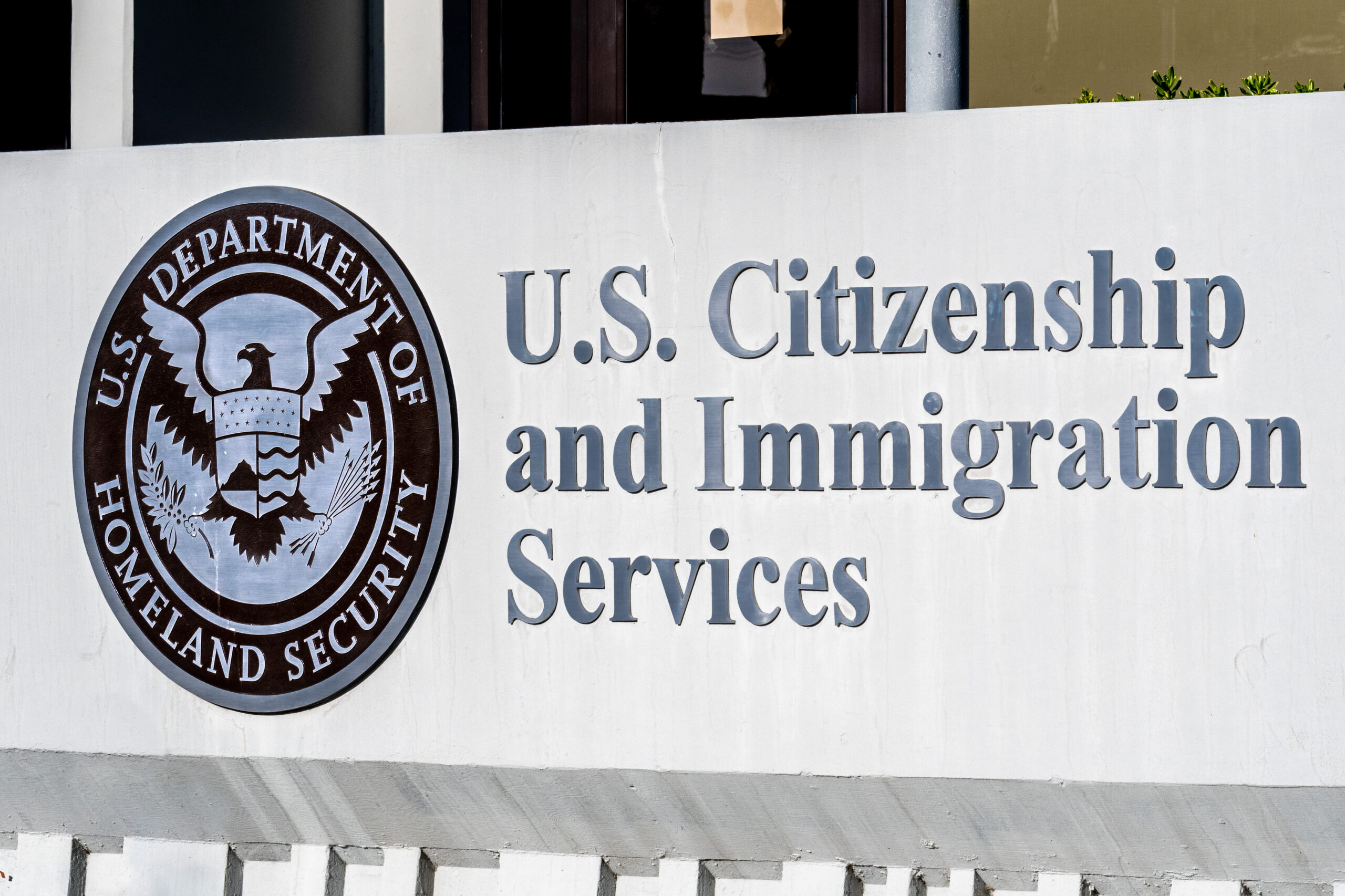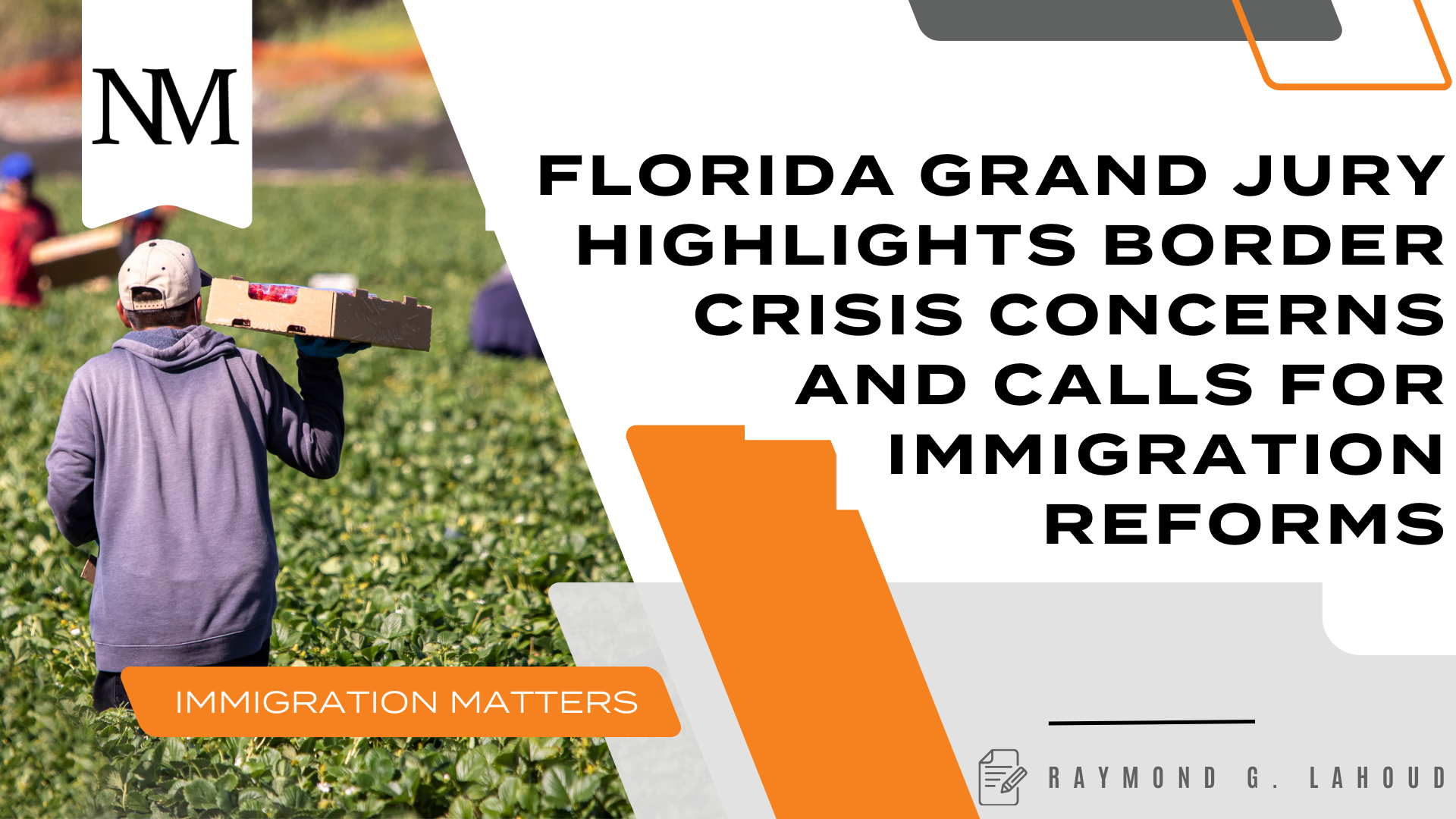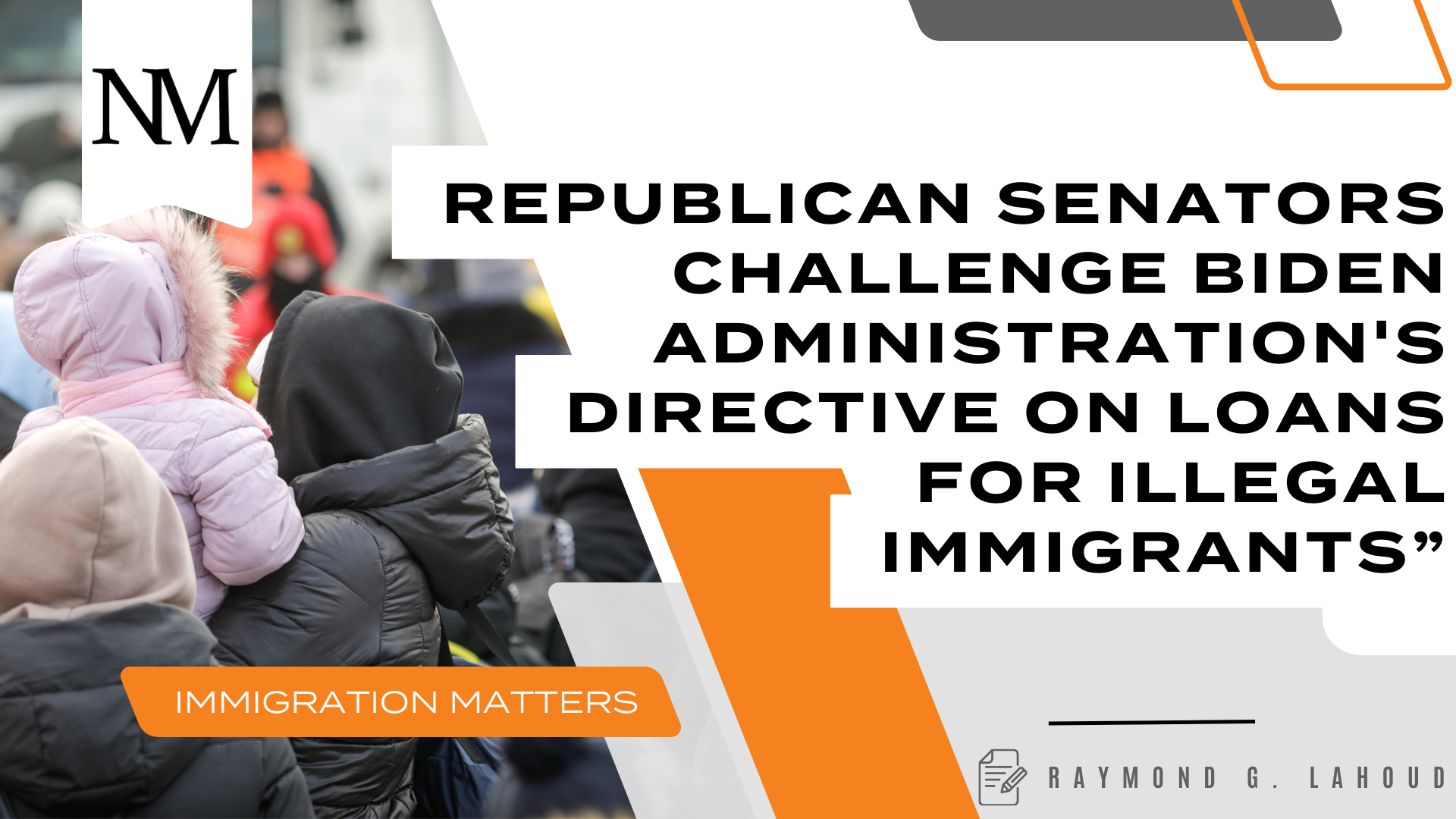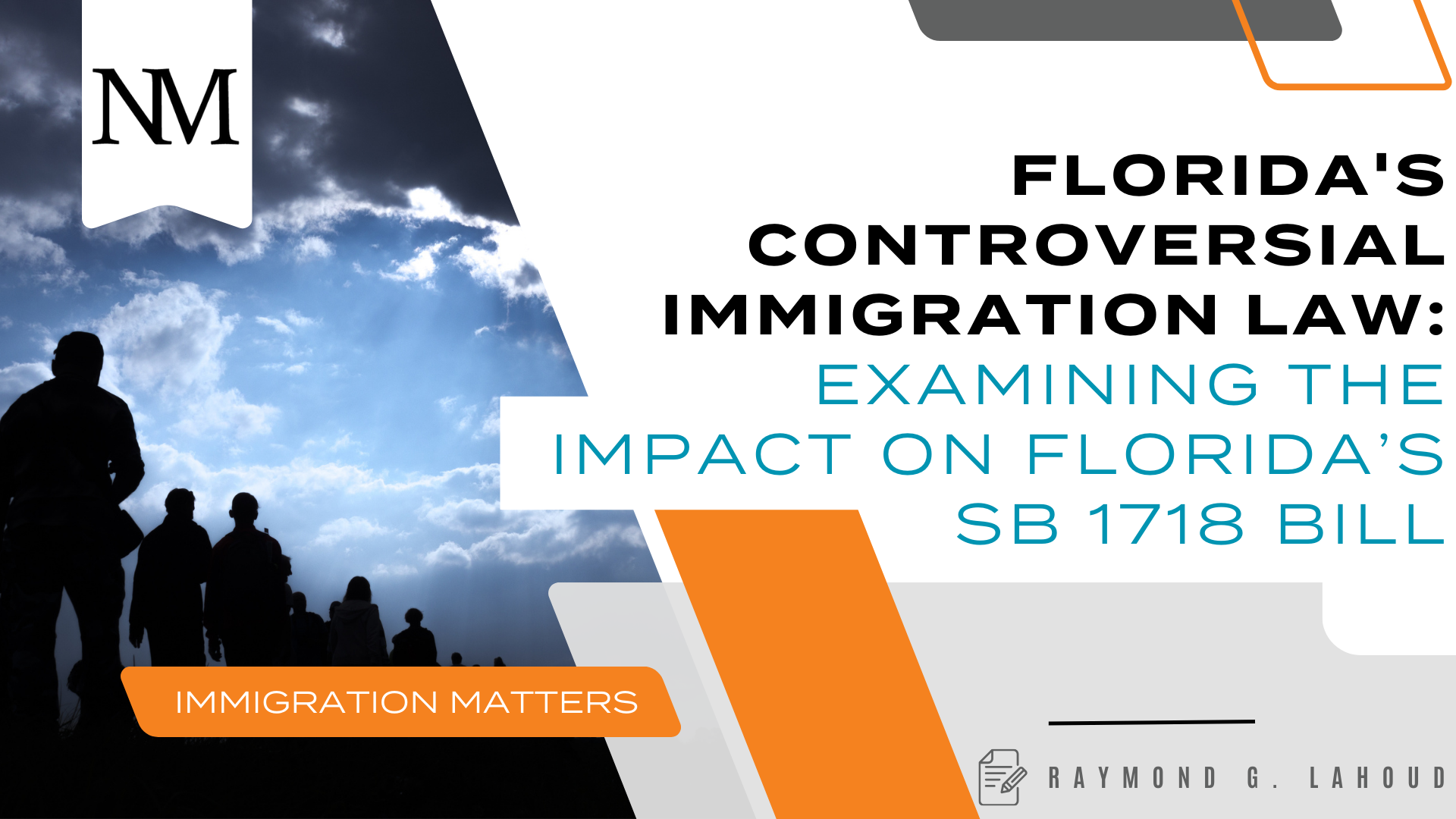U.S. Government Begins Denying Afghan Applications for Humanitarian Parole

According to a recent report by Axios, USCIS has begun to issue denials for Afghan applications for humanitarian parole. These denials highlight the ongoing struggle for thousands of Afghan evacuees to resettle following the withdrawal of U.S. troops from their war-torn country.
Crisis in Afghanistan
You may remember the powerful images of individuals fleeing Afghanistan following the withdrawal of U.S. forces from the country late last summer. With the impending Taliban takeover, tens of thousands of Afghans evacuated with few or no belongings, often piling into small aircraft departing from the Kabul airport. In total, nearly 130,000 Afghans fled the country. As the dust settles, questions increase as to how to efficiently and humanely resettle these refugees in the United States.
Following the chaos of the withdrawal, Alejandro Mayorkas, the Secretary of the Department of Homeland Security ("DHS"), reiterated the Biden Administration's "enduring commitment" to assisting Afghan refugees who aided the U.S. war effort and those particularly vulnerable under Taliban rule.
Operation Allies Welcome
At the direction of President Biden, DHS has undertaken efforts to assist vulnerable Afghans in the resettlement process, implementing Operation Allies Welcome. As part of that effort, former governor of Delaware Jack Marell will coordinate the operation, which will bring together multiple federal agencies to efficiently and safely resettle tens of thousands of Afghans in the United States.
According to Secretary Mayorkas, over 40,000 Afghans arrived in the United States, of whom approximately 20% were either U.S. citizens or legal permanent residents. More recent estimates put this number closer to 75,000. The majority of Afghans awaiting entry into the United States are housed in military bases across the United States as they await the start to their new life in the United States. Despite significant efforts, thousands remain in limbo this holiday season.
Humanitarian Parole
The U.S. Citizenship and Immigration Services ("USCIS") has struggled to keep up with the surge in applications for humanitarian parole. According to USCIS, humanitarian parole is utilized to admit noncitizens into the United States in circumstances involving an urgent humanitarian reason or for whom there is a significant public health benefit. The benefit of humanitarian parole is that it provides a two-year stopgap to allow for individuals to then apply to a host of immigration programs like asylum, refugee status, or a special immigrant visa.
A recent article by Axios highlights reports of recent denials of applications for humanitarian parole despite promises by the Biden administration to assist Afghan evacuees with the resettlement process.
Although many applications have been approved, at least one denial letter requested documentation of the serious harms faced by the applicant. This request comes despite explicit 2017 USCIS guidance providing that humanitarian parole may be granted for those fearing harm due to generalized violence. Some immigration lawyers have complained this request poses unnecessary bars to those seeking relief.
Administration officials reportedly told Axios the denials reflect that the program was never intended as a workaround to the refugee resettlement program or Operation Allies Welcome and only will be used for people in extreme circumstances outside the operation and unable to wait for refugee resettlement. Although the Biden administration has not made an official comment on these denials, they underscore the complicated immigration process Afghan evacuees must negotiate before obtaining legal status in the United States.
To learn more about this blog post, or if you have other immigration concerns, please feel free to contact me at rglahoud@norris-law.com or (484) 544-0022.




